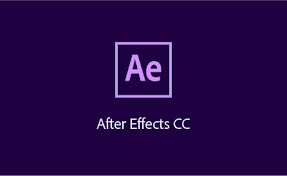

Causes include falls, motor vehicle crashes, sports injuries, blast injury, or being struck by an object. Non-penetrating TBI (also known as closed head injury or blunt TBI) is caused by an external force strong enough to move the brain within the skull.Penetrating TBI typically damages only part of the brain.


These secondary brain injuries are the result of reactive processes that occur after the initial head trauma. Other outcomes of TBI can be secondary, meaning they can occur gradually over the course of hours, days, or appear weeks later. Some injuries are considered primary, meaning the damage is immediate. More serious TBI can lead to severe and permanent disability, and even death. Some types of TBI can cause temporary or short-term problems with normal brain function, including problems with how the person thinks, understands, moves, communicates, and acts. Not all blows or jolts to the head result in a TBI. Interagency and International Research CollaborationĪ traumatic brain injury (TBI) can be caused by a forceful bump, blow, or jolt to the head or body, or from an object that pierces the skull and enters the brain.


 0 kommentar(er)
0 kommentar(er)
